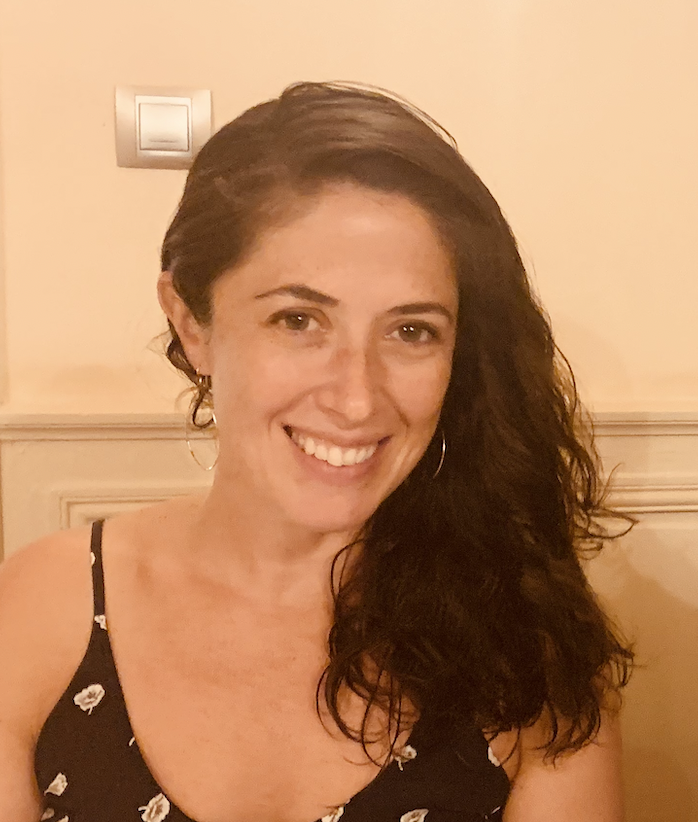
In this post, we’ll breakdown the MBA admissions process and make some recommendations for the early part of the application process. Keep reading to get a sense of some specific things you can do now to start your process ahead of time.
I. The MBA application components
Most, if not all, business school ask that you include the following items in your application:
- An undergraduate transcript (unofficial or official – double check with your schools of choice)
- A professional resume
- 2 professional references
- GMAT or GRE score (again, double check if the schools of your choice accept the GRE)
- Essays (2 or more)
II. Draft a list of business schools
Compiling a list of schools allows to you scope out your process. The number of schools you apply to makes a big difference when you're in the thick of admissions.
As you build your list of schools, consider a few different factors in making your decision:
- Play the numbers game: review the school’s average GPA and GMAT requirements.
- Think about what you want out of business school and determine whether the school’s focus maps onto yours.
- Consider geography if it’s important to you.
- Get a feel for the school by speaking to alums or visiting campus.
- Go to a local info session.
- Do you have the bandwidth to put together multiple applications for the first round deadline?
Once you have a preliminary list, conduct in-depth research on each school you wish to apply to. Being well-informed about the school’s profile and mission will not only help you decide whether it’s the right institution for you, but it will also inform how you craft your application narrative.
III. Create an account on the school's MBA admissions website
Registering as a prospective student with the school is important for a couple reasons:
- By signing up, you are flagging your interest for the school. Make yourself known!
- You will be added to their admissions mailing list and receive important information about the school! The more you know about the school, the better!
IV. Getting into the nitty gritty of the application rocess
With your list ready, sign into to each school's application portal to receive official information on the application.
- Identify the school’s application deadline.
- Make a list of the required essays for each school.
- Project manage your process: create a schedule of external and internal deadlines.
- Contact your undergraduate institution to request transcripts (do that now)!
- Evaluate your resume and finalize it before your dive into essay-writing. That's one thing you can check off the list.
- Brainstorm your desired recommenders and think about how you will approach them.
You might say, “It’s only July! Isn’t a bit early to get started on an October deadline?” Well it is early, but it’s not too early. As an MBA admissions consultant, I promise that you will thank yourself later if you’ve knocked off the 4 steps outlined in this post before September rolls around.


Comments